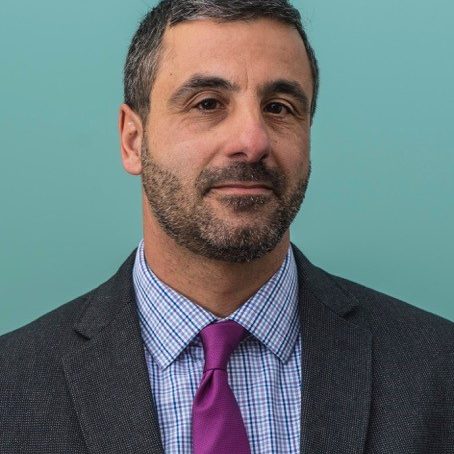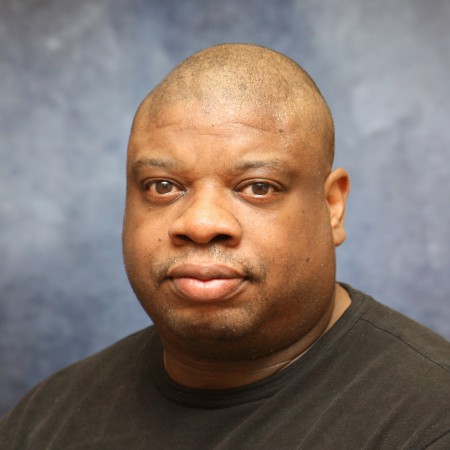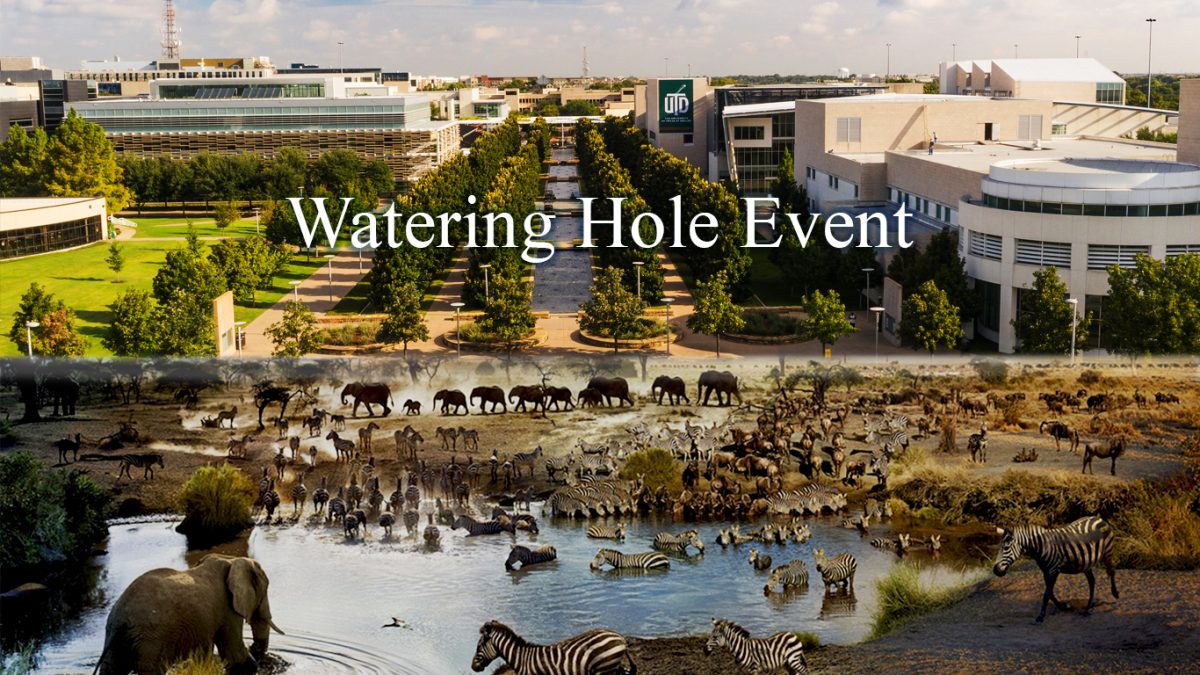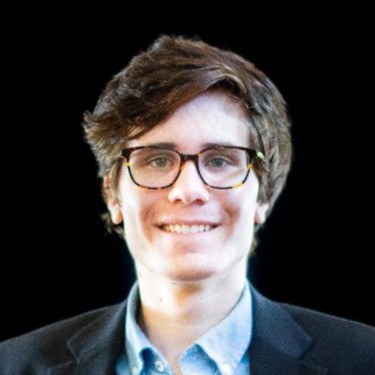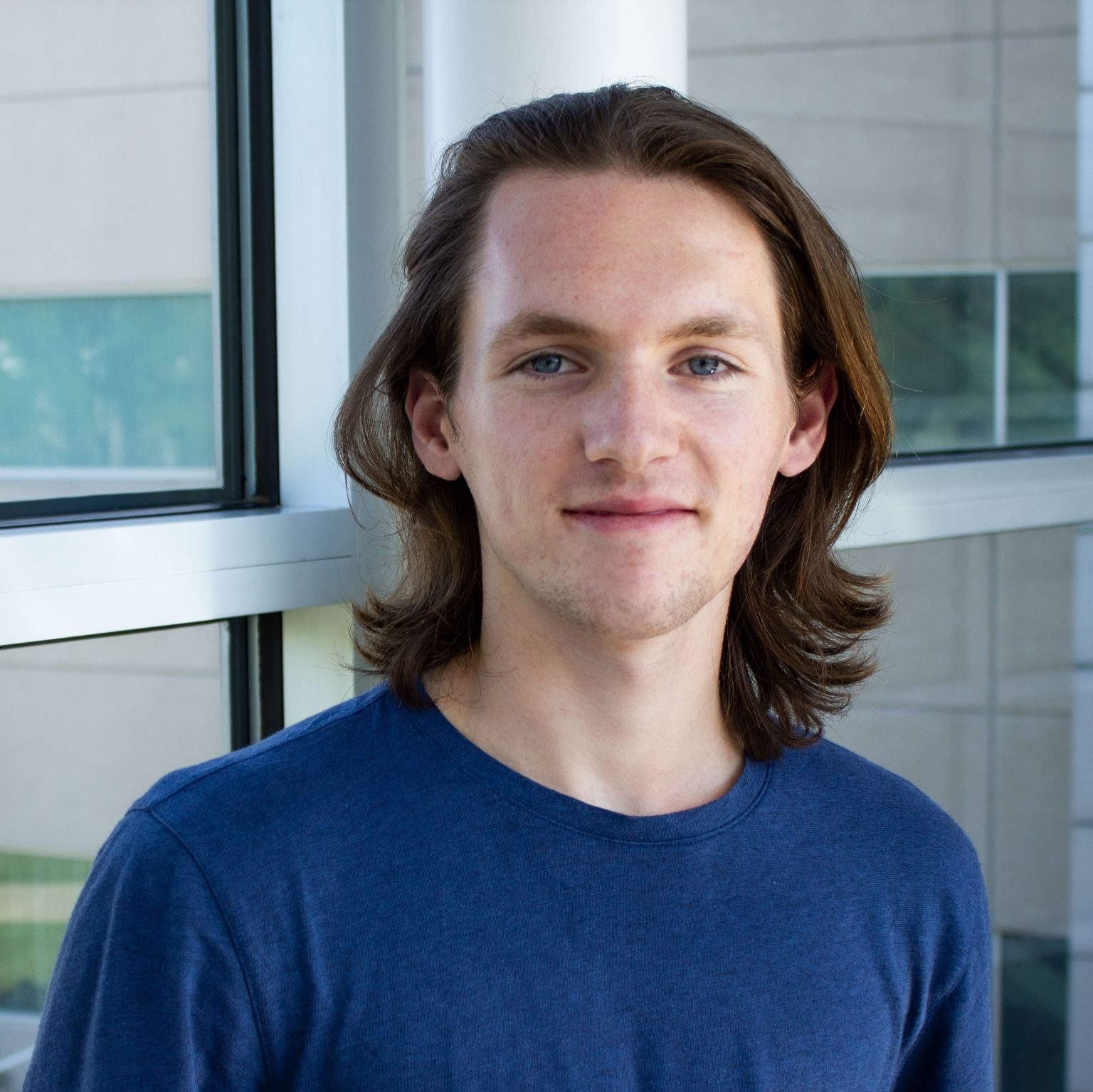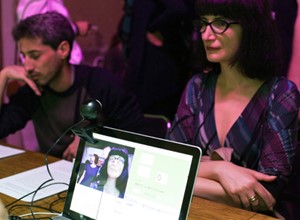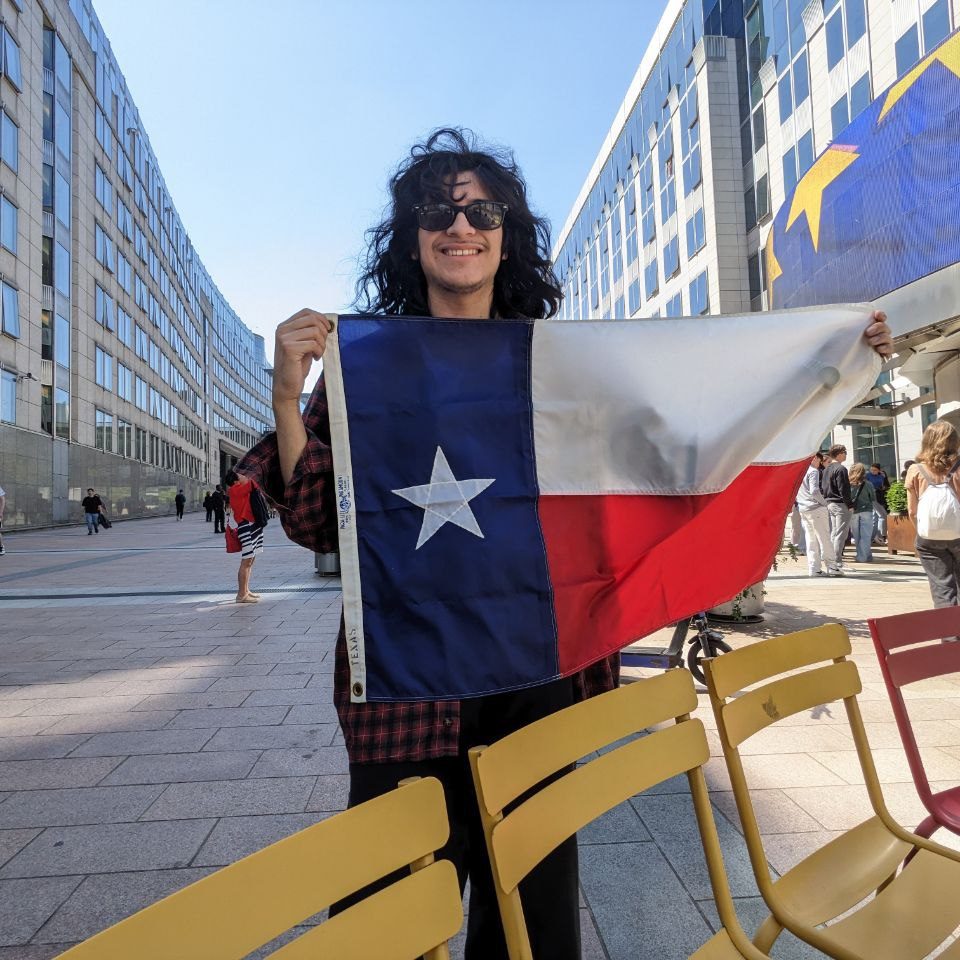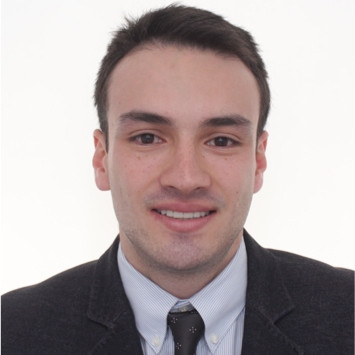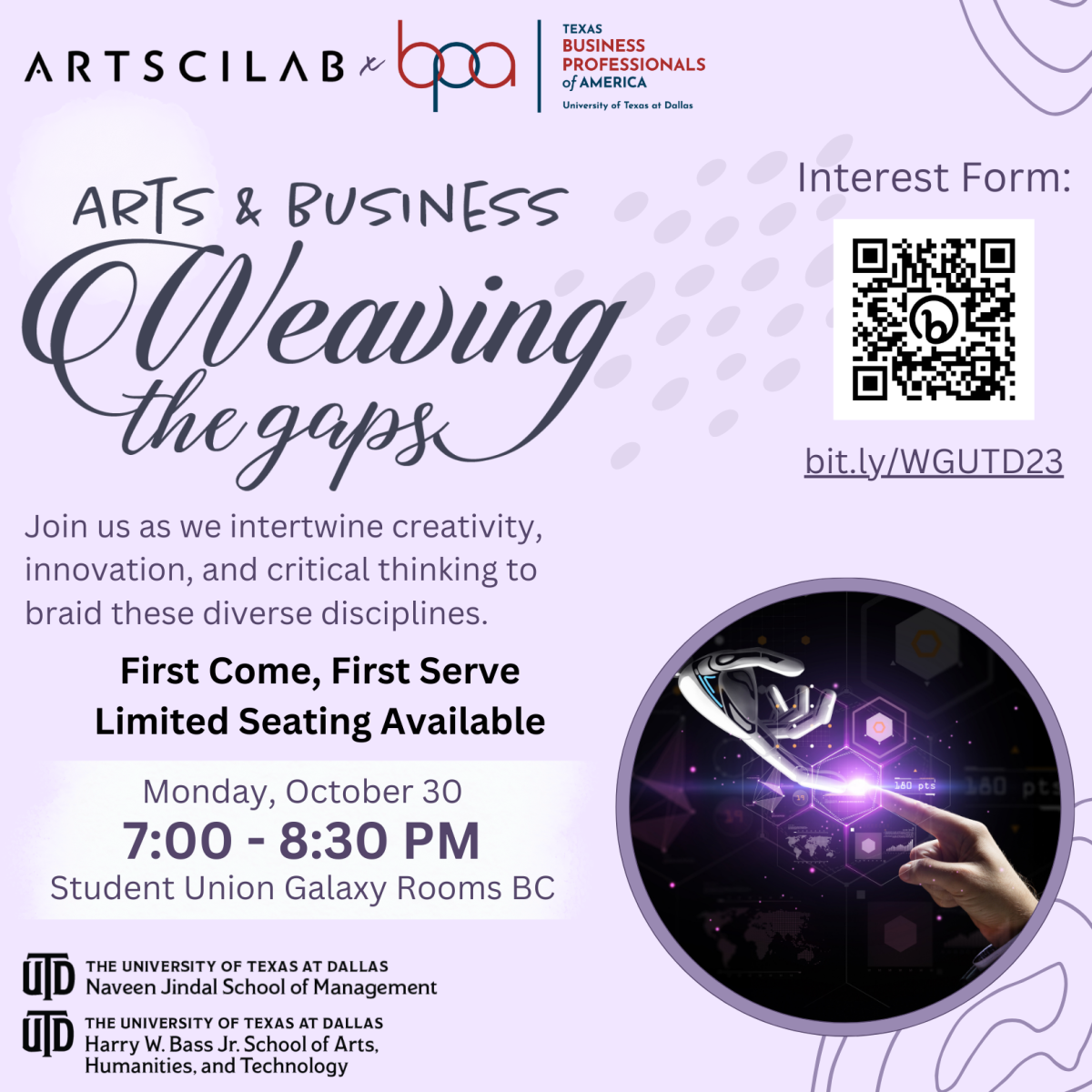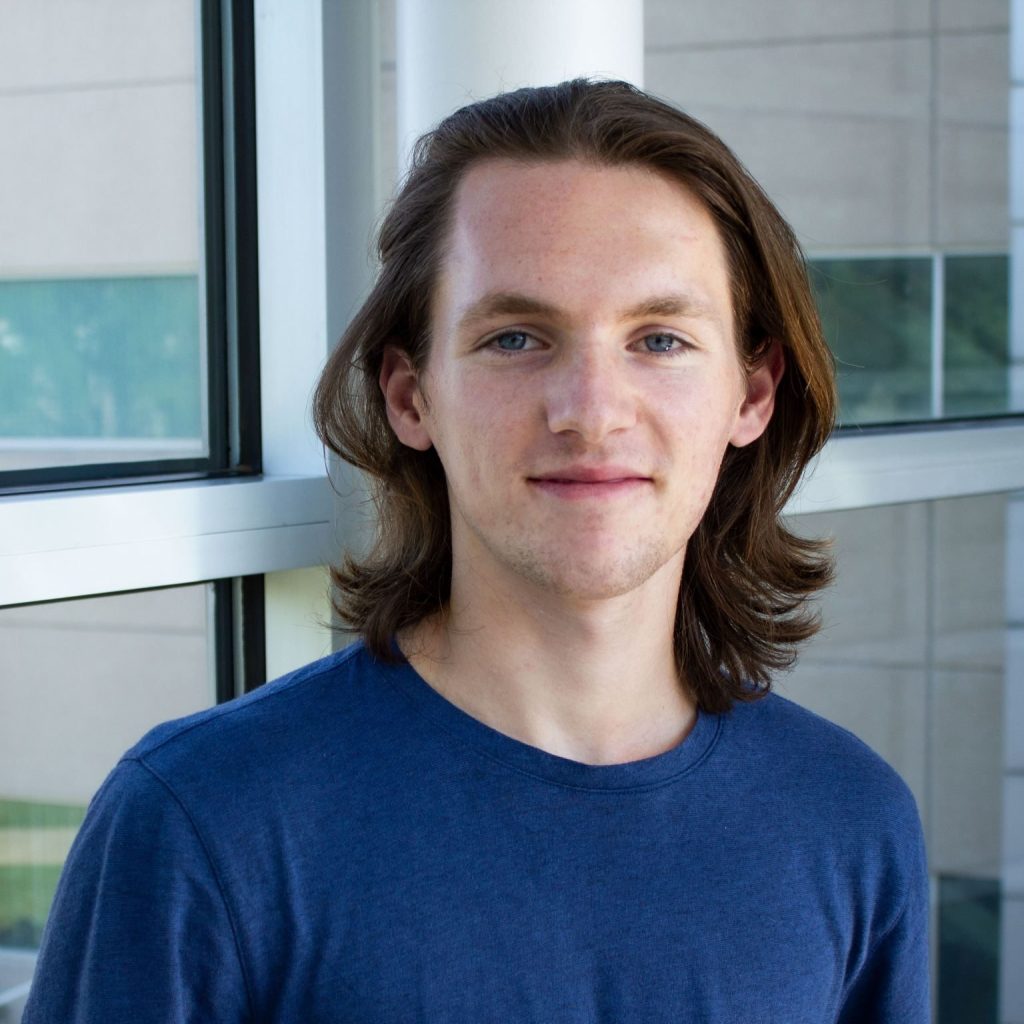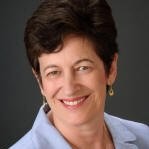Roger F. Malina – ORCID
Book: “Migration Theory: talking across disciplines”
4th edition, Caroline B Bretell and James F Holland. Routledge, New York, 2023 DOI 10.4324/9781003121015
by: Caroline B Bretell and James F Holland
So, I have just finished reading page 79 of this book, the chapter by Donna R. Gabaccia.
The Chapter title is 1 Historical Migration Studies: Time, Temporality and Theory
For no good reason I like the fact that this writer has a non-anglo or un-anglo name. I wonder if, I am sure there is a field of ‘name studies’. What are the most or least common names of migrants? But of course, names can mislead, just as time can. My mother’s maiden name was “Duckworth”, her nickname “Duckie”. Smile: association studies.
I found this chapter compelling, facts and ideas I wasn’t familiar with. But/and a good dose of disciplinary skepticism. The author pokes at whether dividing into time periods is a good idea, but accepts it can stimulate useful thinking.
I enjoyed the study of the history of the very concept of ‘migration’, “immigration’, emigration etc. since my own family history is heavily embodied in migration and emigration. My grandparents for Bohemia found Texas treacherous and unhospitable. They migrated from Texas back to Bohemia in 1918 when the Czech Republic was created after WW1. They then remigrated back to Texas during the great depression in Europe.
My father said he left Texas as soon as possible, because the nearest library wasn’t within bicycling range from the family home in Brenham- he moved to Caltech where the books outnumber the people. He then became a forced emigrant as a political refugee in France. Cyclical migration: I am now living in Texas.
About the Author:
Roger F. Malina is a space scientist and astronomer, with a specialty in extreme and ultraviolet astronomy, space instrumentation and optics. He served as director of the Observatoire Astronomique de Marseille Provence and was NASA Principal Investigator for the Extreme Ultraviolet Satellite project at the University of California, Berkeley.
He is also a publisher and editor in the new emerging research fields that connect the sciences and engineering to the arts, design and humanities. Since 1982, he has served as Executive Editor of the Leonardo Publications at MIT Press. He founded, and serves on the board of two nonprofits, ISAST in San Francisco and OLATS in Paris, which advocate and document the work of artists involved in contemporary science and technology.
He is currently a Distinguished Professor of Art and Technology and Professor of Physics, at the University of Texas at Dallas and Directeur de Recherche for the CNRS in France. He serves as the Associate Director of ATEC, and founded the ArtSciLab in the ATEC program fall 2013.

